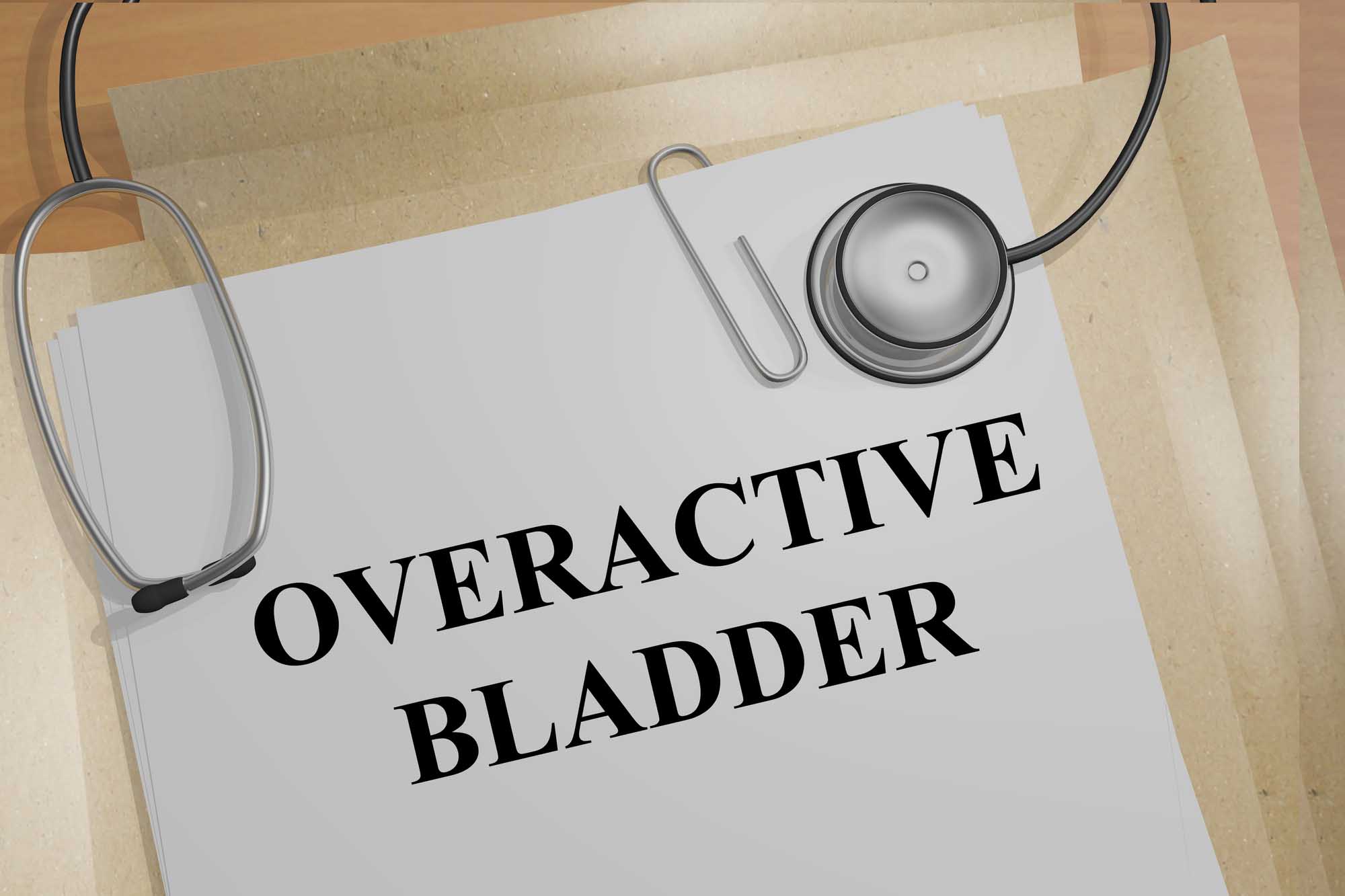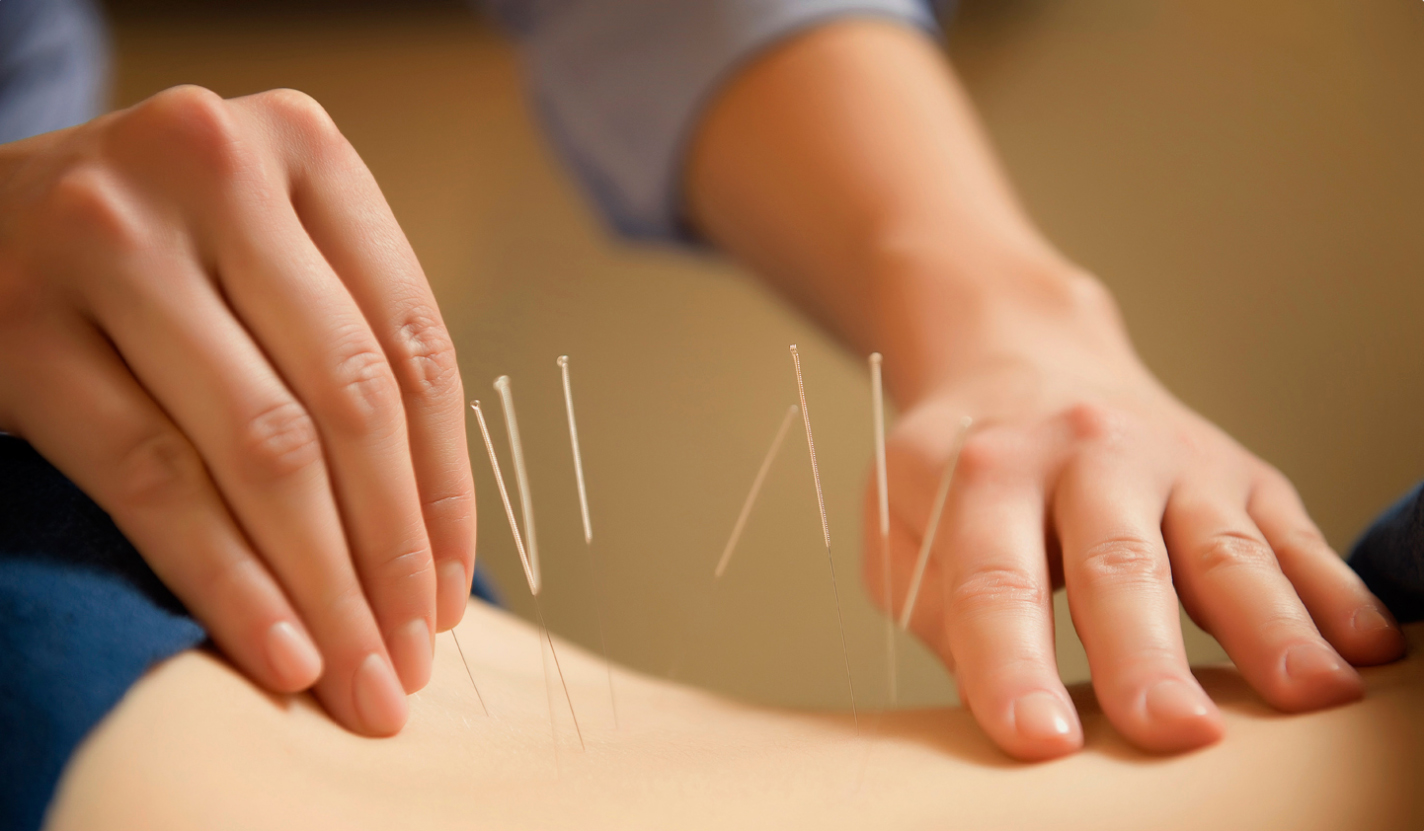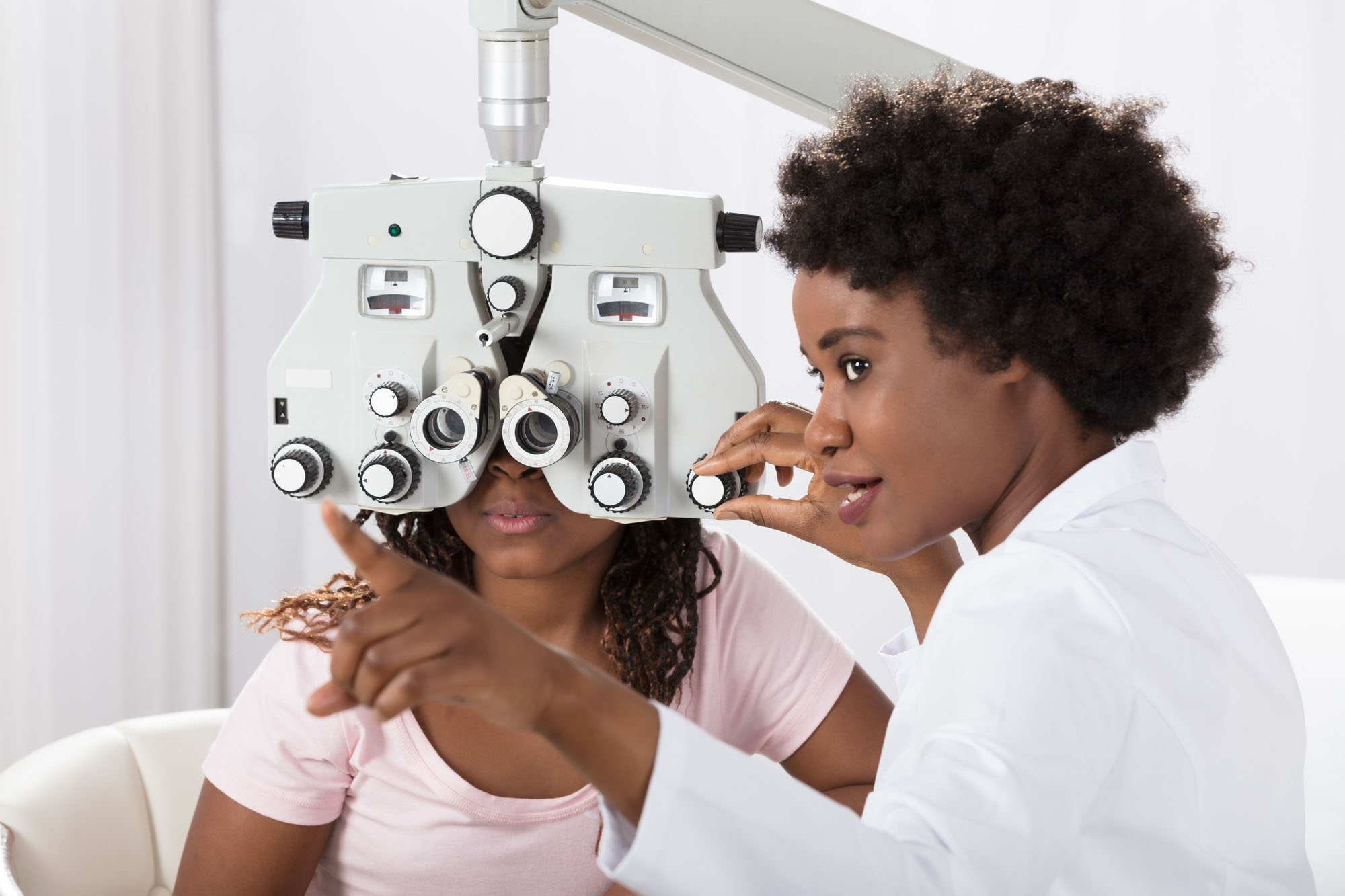5 Home Remedies to Treat Overactive Bladder
Having an overactive bladder can be a nuisance in everyday life. Read on to learn how to treat an overactive bladder and 5 ways you can treat it with home remedies.
Do you find yourself running to the restroom at all hours of the day and night? Is it starting to feel like your bladder has taken over your life?
If so, you’re not alone. An estimated 33 million Americans have symptoms of the overactive bladder–and the true number is likely much higher.
There are lots of great health hacks and advice out there, and it’s no different for overactive bladder.
If you’re looking for more information about how to treat overactive bladder, you’ve come to the right place.
In this post, we’ll outline the symptoms of overactive bladder, as well as conventional treatments and home remedies you can try.
What Is Overactive Bladder?
For starters, what exactly is overactive bladder? What’s “normal” for a bladder–and what isn’t?
The three most common signs of overactive bladder are:
- Urgency
- Frequency
- Incontinence
Urgency is the defining characteristic of OAB (overactive bladder). It’s a sudden contraction of the walls of your bladder, giving you the urge to go–NOW.
Experts agree that the average person urinates 6-8 times in a 24-hour period. Frequency becomes an issue when you need to go more than 8 times a day or more than once during the night.
Incontinence may or may not accompany the above two symptoms. It’s characterized by an involuntary loss of bladder control, leading to leakage.
Basically, if your frequent trips to the bathroom impact your life–your work, social, or sleep habits–you may have OAB.
How to Treat Overactive Bladder
So, can overactive bladder be cured? While there’s no set “cure,” there are many treatment options available to help reduce your symptoms.
When you first seek treatment for overactive bladder, your doctor will likely start with a few tests. He’ll make sure you’re not suffering from a urinary tract infection and that your bladder is emptying completely when you urinate.
Once those causes have been ruled out, your doctor will consider some other common reasons for OAB. These include:
- Medical conditions like diabetes, Parkinson’s, or MS
- Nerve damage
- Weakened pelvic muscles
- Menopause
- Certain medications
- Being overweight
Depending on the underlying cause, conventional OAB treatment usually involves prescription (antimuscarinic) drugs. These drugs help to calm the walls of the bladder and reduce urgency and frequency.
In severe cases, bladder injections, nerve stimulation, or even surgery is recommended. For the vast majority of people, though, prescription medication helps to alleviate their symptoms.
Of course, there are also ways to help control an overactive bladder that don’t involve drugs.
5 Home Remedies for Overactive Bladder
Is there a natural cure for overactive bladder?
In basic terms, no. However, there are many safe and natural things you can do to effectively manage your OAB symptoms.
Here are five all-natural things you can try to ease your OAB and regain control of your life.
1. Adjust Your Diet
You knew we were going to start with this one, didn’t you?
Like other aspects of your health, what you eat has a direct impact on your bladder. These are some known foods and beverages that can trigger OAB symptoms:
- Alcohol
- Tea, coffee, and other caffeinated drinks
- Soda and soft drinks
- Juices (including cranberry juice)
- Citrus fruits
- Spicy foods and sauces
- Artificial sweeteners
- Milk and other dairy products
- Natural sugar and high-sugar foods (including honey)
Reduce or eliminate these foods from your diet whenever possible. It might also be helpful to keep a food diary and compare it with your symptoms, as different foods affect different people.
2. Watch Your Fluid Intake
If you’re peeing too much, it makes sense to drink less water, right?
Not necessarily. While drinking too much certainly won’t help your symptoms, drinking too little can lead to dehydration. Interestingly, being dehydrated can irritate the lining of your bladder, which will make your symptoms worse.
The key is to find the right balance for your body. One tip that helps many OAB sufferers is to avoid drinking any fluids after 6 PM. This will reduce or even eliminate the need to use the bathroom in the middle of the night.
3. Strengthen Your Bladder
Weak bladder walls (or a weakened pelvic floor) are two leading causes of OAB. And yes, there are ways to strengthen them!
Your doctor may recommend some specific pelvic floor exercises to strengthen the muscles that control urination. These are known as Kegel exercises–and they can do wonders for your symptoms.
Biofeedback (training to help you identify the correct muscles) and electric stimulation are other common ways to strengthen your bladder.
4. Delay Urination
One of the main goals of any OAB treatment is to retrain your bladder.
Whenever you first feel the urge to go, try to delay a few minutes. Over time, you can gradually increase the amount of time between bathroom visits.
Another common technique is known as scheduled voiding. You set a manageable schedule to urinate–perhaps once every two, three, or four hours. This helps to strengthen and train your bladder and reduce those feelings of urgency.
5. Supplements and Alternative Treatments
Some people with OAB have had terrific success with acupuncture.
If needles aren’t your thing, there are a few herbs and supplements you might try to help manage your symptoms. These include:
- Vitamin D
- Capsaicin
- Pumpkin seed extract
- Magnesium hydroxide
- Cornsilk
- Ganoderma lucidum (Asian herbal extract)
- Gosha-jinki-gan (a special blend of 10 Chinese herbs)
Like any natural supplements, it’s best to talk with your doctor before adding one or more of these to your treatment plan.
Take Control of Your Bladder (And Your Life)
Now that you know how to treat overactive bladder, what’s the next step?
Remember that the advice presented in this article should be used as a guide only. It’s important to talk to your doctor and outline a treatment plan that’s best for you.
In the meantime, check out our latest posts for more great advice on staying healthy and feeling your best.























